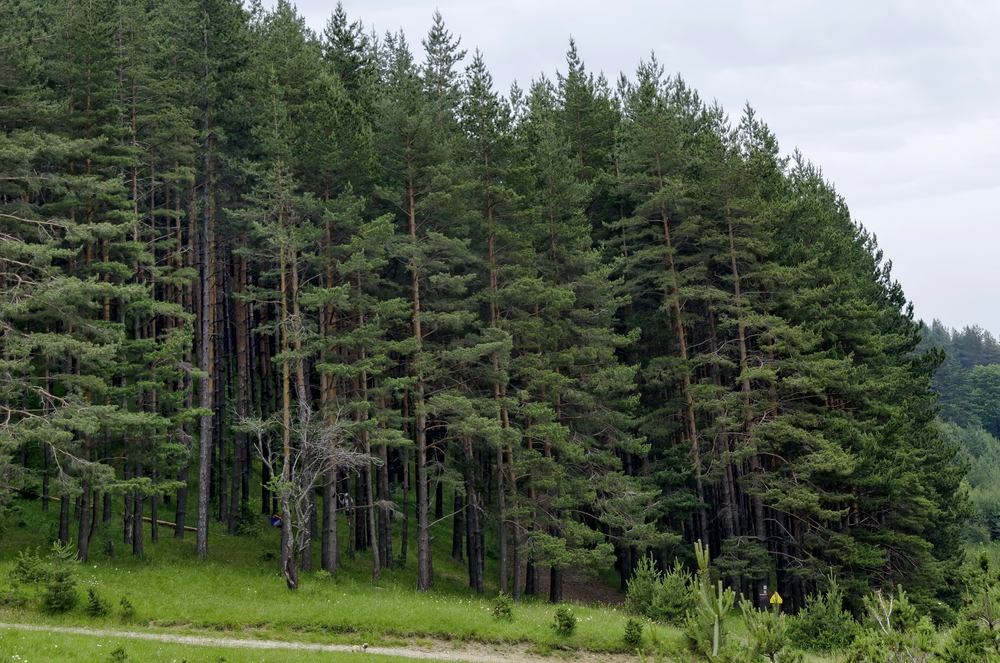The U.S. Department of Agriculture (USDA)has awarded $5.5 million in grants for conservation projects on 11 forests from Alaska to North Carolina. Nearly $500,000 was awarded to the creation of Little Pisgah Labs Community Forest near the Pisgah National Forest in Western North Carolina.
Grants funded through the Community Forest and Open Space Conservation Program provide financial assistance to local governments, Tribal governments, and non-profit organizations. Grantees use those funds to acquire and establish community forests to benefit both rural and urban communities, including helping to mitigate extreme heat. All of the grant projects respond to locally driven priorities and support the Biden-Harris Administration’s goal to increase access and conservation of America’s lands and waters.
The Little Pisgah Labs project consists of a 225-acre tract in Buncombe County, outside Asheville, N.C. Local land trust, Conserving Carolina is partnering with Camp Grier, a 501-c-3 non-profit organization to manage the project. As part of the plan, Little Pisgah Labs career and technical campus will be established to train and educate young adults in career and workplace skills. Direct access to the community forest has the ability to provide unparalleled science and environmental education opportunities for students from the surrounding counties. Public access will also allow outdoor recreation to include hiking, biking and fishing.
In total, the 11 grant projects will create or add nearly 7,000 acres of community forests for the long-term benefits of the communities they serve.
Since 2012, the program has permanently conserved 27,500 acres through fee-simple purchases and supported 99 community-driven projects across 26 states and territories.
